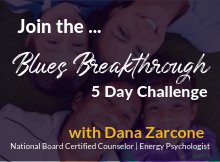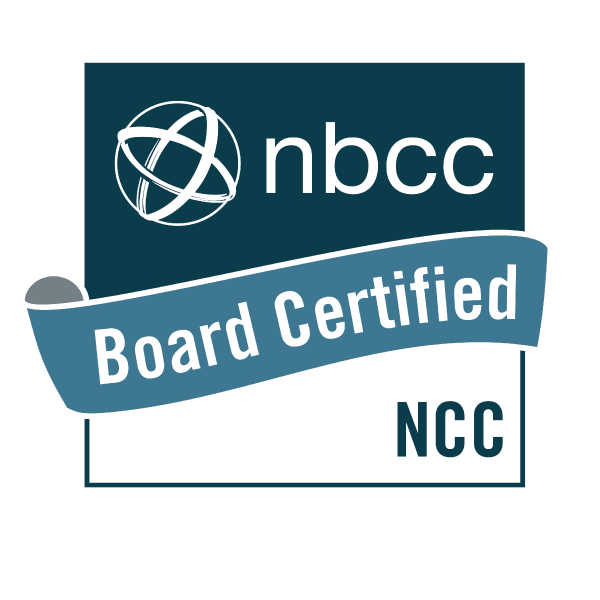What Is Endogenous Depression

Endogenous depression is a very unique form of depression. In fact, most people have never heard of it. It is one of many types of depression and it is thought to be the result of a genetic disposition. Endogenous means that there is no real known cause for the depressed state and can be inherited from birth. People suffering with this type of depressive disorder may suffer for years or even their entire lives without even knowing they have it.
Symptoms
There are many symptoms and some are very similar to other forms of clinical depression such as a sense of hopelessness or helplessness, change in appetite (more or less than usual), inability to sleep, difficulty concentrating, and irritability. However, unlike the classic form, the person may also suffer with delusions and hallucinations. The symptoms seem to be amplified when the person is confronted with high levels of stress, exhaustion or a traumatic event.
The depressed episodes can strike at any time and at all ages. The severity of the condition also varies as some might experience a severe depressed state while others may have mild forms. Often it goes undetected or diagnosed because the person simply lives with it assuming it’s part of their demeanor or personality. This is sad because with a proper diagnosis the condition can be successfully treated and the client can feel so much better in just a couple of weeks.
Treatment
This unique form of depression, once diagnosed, can be treated via many different methods. Often times, an antidepressant is prescribed to help with the serotonin levels in the brain. Psychotherapy or cognitive behavioral therapy may be an appropriate option. In severe cases, electroconvulsive therapy is sometimes used as well. This is when a small electrical current is administered, passing through the brain triggering a short seizure that is virtually undetectable. This is done over the course of a few weeks.
What makes endogenous depression so unique is that there is no known cause for it meaning there is no “trigger” that brought it on. Rather, it is “just there”. In cases where the symptoms are minor the diagnosis is usually dysthymia – which is a mild depressive disorder.
The key to any depressive disorder is to get it diagnosed by a professional and develop an appropriate treatment plan that allows you to conquer the condition so that you can live a normal, happy life again. The Endogenous form can be successfully treated just as the other types. The first step is to get it diagnosed.
If you think you might be suffering with depression you can take a depression test in an effort to learn more about what you might be going through. It’s important to note that these tests are very useful but if they indicate you might be depressed you should also seek professional diagnosis and treatment.
Endogenous Depression to Depression Test Home Page










